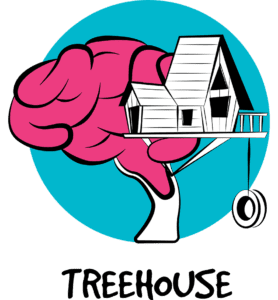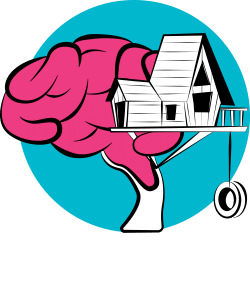Examples of Systemic Racism
The ethnic makeup of the UK according to the 2011 census is 87.2% is white, 3% is black, Asian/Indian 2.3%, Asian/Pakistani 1.9%, mixed 2% and other 3.7%. So white people are the dominant ethnicity in the UK.
And this is problematic because it means that white people dominate in terms of culture and history. Black, Asian and Minority Ethnic (BAME) people often feel their voices are ignored or dismissed as less important. The history of Britain is written by white people and largely celebrates the achievements of white people and the perceived achievements made by the British Empire, ignoring the colonisation and subjugation of the countries it inhabited and controlled.
Many people think that racism can be defined as obvious actions such as physical violence or verbal abuse.
Whilst no one would deny that this kind of racist action does happen and you may even have witnessed this yourself, systemic racism is a bit different. Systemic racism is where major institutions, for example the police and our education system, discriminate against BAME people. For example, if you are Black British or Caribbean, you are 3.5 times more likely to be excluded from school. Black people are 10 times more likely to be stopped by the police, which further leads to the arrest of more black people that white. Figures like this are extremely problematic because they perpetuate systemic racism and therefore racist attitudes within society.
For example, the belief that black people commit more crimes proportionately than white people is perpetuated by the number of black people targeted and consequently arrested by the police. People are then influenced by such statistics and their beliefs are shaped about ethnic minority groups and crime. If such behaviours and therefore racist attitudes are displayed by institutions such as the police, it becomes a difficult cycle to break and these attitudes become more entrenched in society.
Systemic racism has socio-economic implications too. So, for example in England 20% of Black African households own their own home compared to 63% White households. A Community Life Survey found that black people are less likely to feel they belong to their community (75%) than white people (85%). In terms of poverty, 46% of black households are determined to be in poverty in the UK. By contrast, under 20% of white households are.



